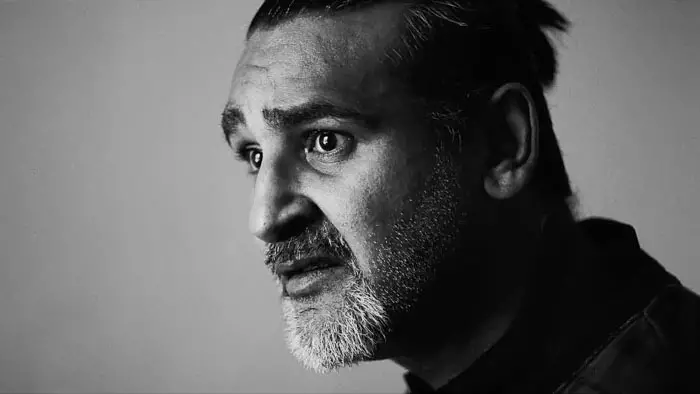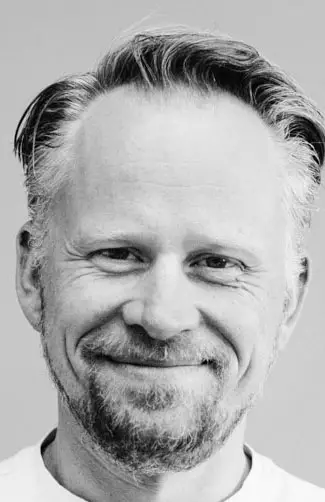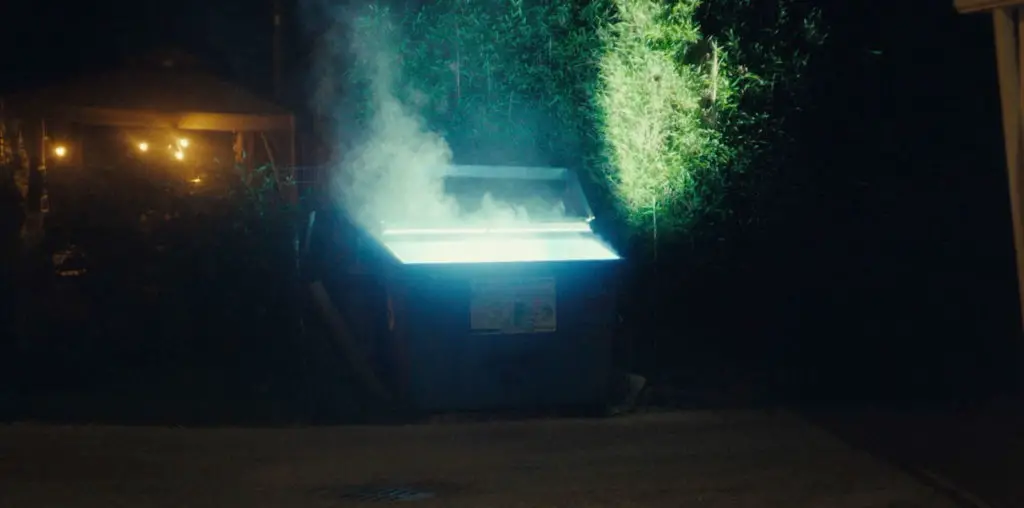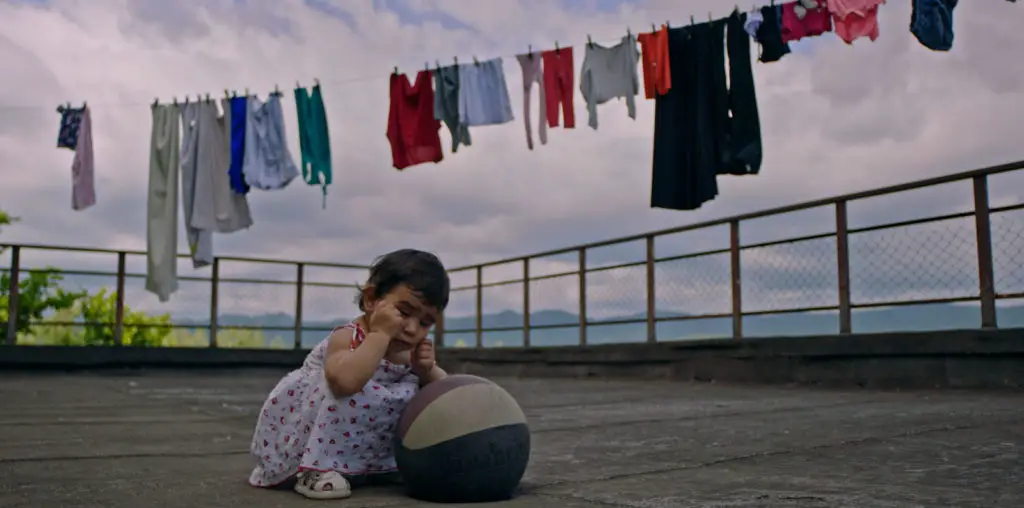
Punishment reveals two themes about the inmates. Firstly, they seem to be truly remorseful for their crimes, particularly the ones who admit they committed murder. Either they are sincerely contrite or have learned to mimic contrition at an award-worthy level of acting skill. One of the men, Bjorn, insists he cannot be forgiven and that the five years he’s served doesn’t begin to suffice as punishment for his crimes. A cynic would say this would play well with a parole board, but he is convincing when he says so.
The second observation is that the daily life of incarceration has changed these men. That’s to be expected, but the existential impact of imprisonment is shown vividly in their interface with a world (however briefly) outside those walls. Another inmate, Hasan, expresses fear and trepidation of the outside world. He doesn’t say how long he’s been in prison, but when granted temporary parole, he was truly terrified at the frenetic pace of life outside. He says his wife’s driving, which he described as careful and always within speed limits, seemed to him to be a wildly careening, out-of-control race through the streets. He missed the peaceful solitude of his cell and the glacial pace of life in prison.

“Pace is a huge factor…”
Pace is a huge factor throughout the film. Nothing goes quickly. A viewer needs to put away distractions and find a calm moment uninterrupted by phones or other diversions or the film will be very difficult to effectively take in this quiet film with its long stretches of meditative silence. Shot in black and white, much of the film depicts the inmates in contemplation since the retreat emphasizes silence. There is enough of the conversations with the priests to get a sense of each man’s personality. This retreat is popular and considered a positive force in the Norwegian prison system. In an interview with Variety, Mamen said, “The experiment has been judged so successful by the prison that one of the wards has been turned into a permanent monastery, where inmates from other prisons can apply to come on a retreat.”
Punishment is Mamen’s directorial debut. Previously, he worked extensively as a cinematographer with filmmaker Margreth Olin. His education comes from the Norwegian Film School, European Film College, the University of Oslo, and the University of Copenhagen. Now, he’s declared himself a director in his own right with a thoughtful entrance to cinema. A quiet couple of hours spent with here will certainly provide you some points to consider about punishment and rehabilitation.
Punishment screened at the 2024 Slamdance Film Festival.

"…will certainly provide you some points to consider about punishment and rehabilitation."


